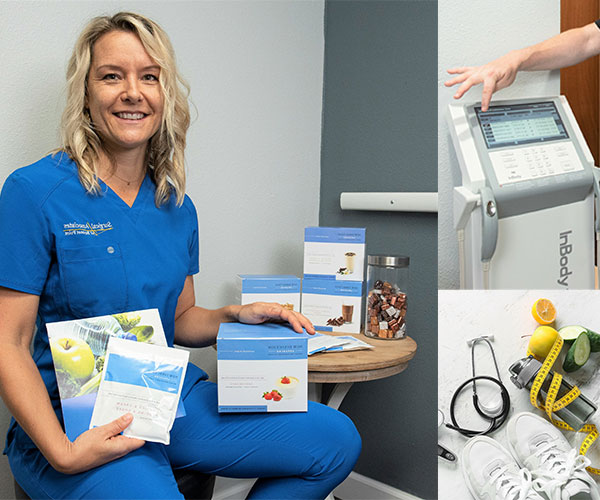- Now 2 Locations to Choose From!
- (727) 819-9107
- sabp@tampabaysurgicalgroup.com
Monthly archives: July, 2024
- Home
- Monthly archives: July, 2024

Why Do A Reset Diet?

What is a Reset Diet?
Our reset diet is a 14-day commitment and utilizes protein supplements or meal replacements, allowing you to decrease total calories significantly without compromising nutrient intake. Adequate nutrient intake daily is important for supporting healthy metabolic function and disease prevention. The increase in protein keeps you satisfied longer even when calories are reduced. The protein supplements also provide convenience for even the busiest of participants. Our program includes two nutrition consultations, ensuring compliance and guidance on how to maintain success after the program is over. Surgical Associates of Bayonet Point offers this easy, structured program so you can stay on track long-term.
Who is a Reset Diet for?
Everyone can benefit from a reset diet, not just bariatric patients.
Whether you have had bariatric surgery or not, our patients hear me recommend doing a “reset” nutrition strategy often. Every 4-5 months or so is ideal. I do a reset every January after the holidays and do another just before the summer.
What are the Benefits?
Resets can be helpful for many reasons. They can push you through a weight loss plateau. They are a great way to tighten your healthy eating after you’ve been more relaxed over the holidays, a vacation, or a large event. They can also help you identify any foods that may not be well tolerated or that you are sensitive to. Resets help you easily identify what dietary modifications are needed. We are constantly inundated with large portions of food and not-so-healthy choices. Combined with a hectic schedule, this can lead to unintended weight gain and nutrient deficiencies over time. Periodic resets are a great way to stay on track and combat the unhealthy modern diet and lifestyle factors we face today.
Benefits of reset diets may include, but are not limited to:
- Weight loss
- Increased energy
- Decreased fatigue and/or brain fog
- Relief from food sensitivities
- Improved blood sugar regulation
- Improved bowel movements and/or gut function
- Immune system support
Contact our office if you are interested in our 14-day reset program.
Learn More About Our Non-Surgical Weight Loss Options

Damian Bramer, Nutritionist
Damian earned her bachelor’s in nutrition science from UC Davis, California and is a certified nutrition consultant. She provides nutrition guidance and education for people who suffer from a wide array of conditions such as autoimmune disease, degenerative diseases, mental illnesses, diabetes, cancer and most recently obesity. She has also provided support for specialty groups such as athletes, adolescents, and the elderly.
She believes the best way to maintain good health is to adopt eating and lifestyle habits that are sustainable for the long term. These habits should not only be manageable but enjoyable to you as well. They should support your individual energy requirement, optimize your digestive health, lower inflammation, and keep your blood sugar balanced.
Strengthening the body’s systems and improving the quality of life with whole foods nutrition is the common goal for all her patients.
